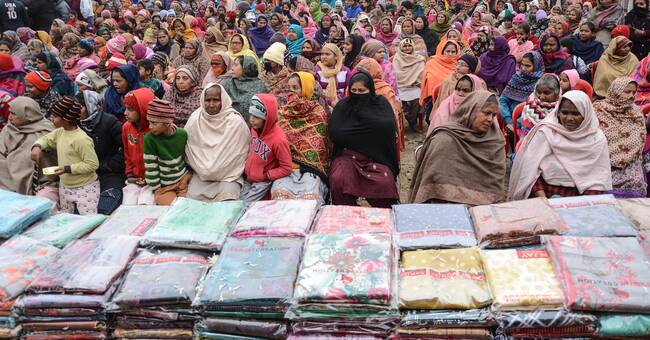In December last year, the world's dollar billionaires together had a fortune of $ 11.95 trillion, as much as the G20 governments' total recovery costs for covid-19.
At the same time, over 200 billion people have fallen into poverty due to the economic effects of the pandemic.
It writes the aid organization Oxfam in its report The inequality virus, which is released in connection with the World Economic Forum.
Deadly gaps
“Inequality is increasing more than ever before.
The large gap between rich and poor is now proving to be as deadly as the virus ", says Johan Pettersson, Secretary General of Oxfam Sweden, in a press release.
According to Oxfam, the fact that inequality is increasing in almost all countries is unique, it is the first time this has happened since the measurements began over a hundred years ago.
Less unique is that it is women who have been hardest hit, both because women are overrepresented in low-paid jobs with precarious employment and because they make up a large part of the care staff who are exposed to greater risks of being infected by covid-19.
"Not inevitable"
Inequality costs human lives, Oxfam states.
In England, for example, covid-19 mortality is twice as high in the country's poorest areas, compared to the richest.
"Extreme inequality is not inevitable, it is a political choice (...) The Corona pandemic has shown the world's urgent need for an economic system that benefits everyone, not just the most privileged," says Johan Pettersson.
The World Economic Forum is normally held in Davos, Switzerland, but this year is a digital conference.

